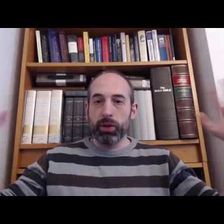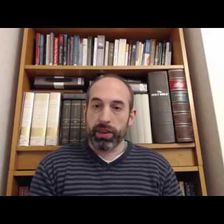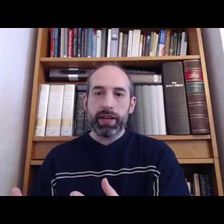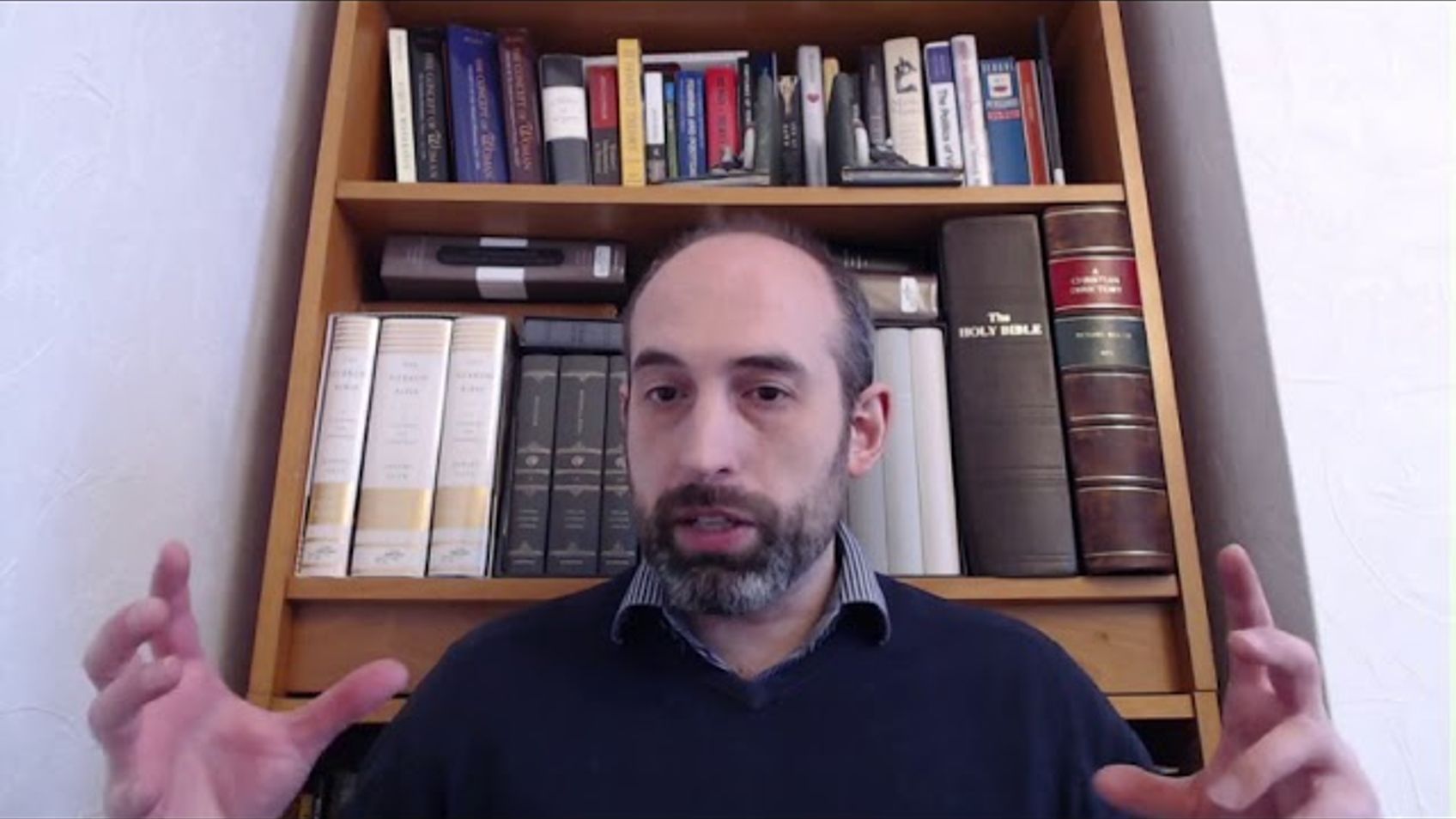The Family of Abraham: Part 2—A Dead Brother and a Barren Wife

This is the second part of my series of videos on the family of Abraham. Within it, I discuss the background to the call of Abram in the story of the Flood, Babel, and the death of Haran.
My blog for my podcasts and videos is found here: https://adversariapodcast.com/.
If you have any questions, you can leave them on my Curious Cat account: https://curiouscat.me/zugzwanged.
If you have enjoyed these talks, please tell your friends and consider supporting me on Patreon: https://www.patreon.com/zugzwanged. You can also support me using my PayPal account: https://bit.ly/2RLaUcB.
The audio of all of my videos is available on my Soundcloud account: https://soundcloud.com/alastairadversaria. You can also listen to the audio of these episodes on iTunes: https://itunes.apple.com/gb/podcast/alastairs-adversaria/id1416351035?mt=2.
More From Alastair Roberts






More on OpenTheo















